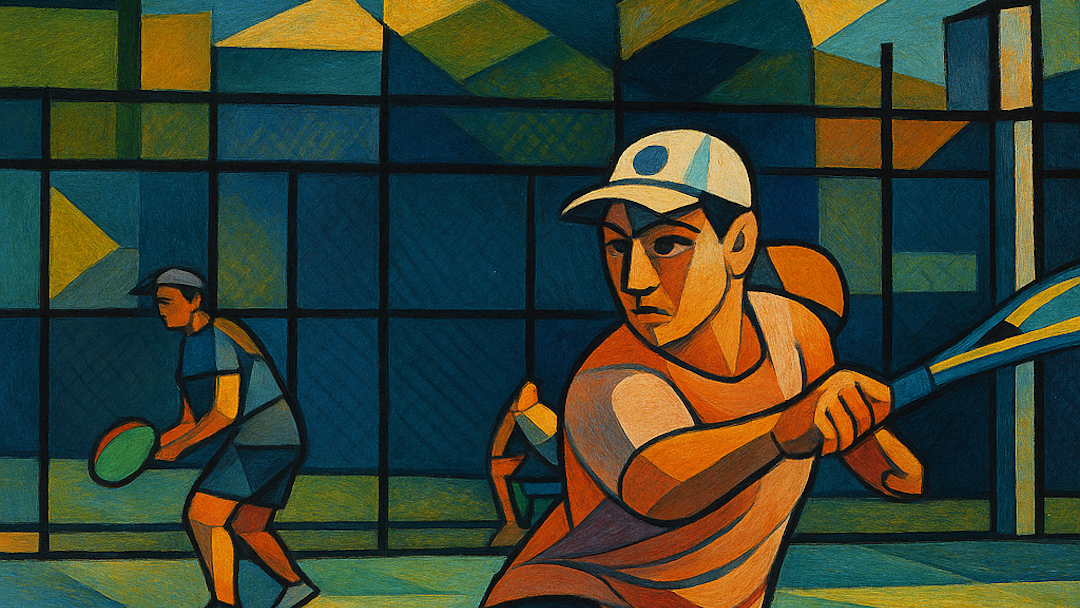Shortly after I started this blog in 2020, I ran across an exchange of letters between Maurice McLoughlin and Anthony Wilding published by an Australian newspaper in 1914. The two tennis greats were debating the merits of potentially eliminating the second serve to speed up play. That conversation was documented in “Two Serves or Not Two Serves, That is the Question.” That post is a stark reminder that my writing has improved in the intervening three years.
Since originally writing about that topic, I have remained low-key obsessed with Anthony Wilding. His tennis accomplishments speak for themselves. The player won Wimbledon over four consecutive years from 1910 through 1913. He also won the Australian Championships in 1906 and 1909. Tragically Wilding’s life was cut short as he was killed in action in “The Great War.” That conflict is now more commonly referred to as World War I.
With the start of the Australian Open just around the corner, now seems like the perfect time to delve into the life of Anthony Wilding. The player isn’t an Aussie but rather was born and raised nearby in New Zealand. He was already established as an excellent tennis player before his parents sent him off to school at Cambridge. His father expected that Wilding would study law and eventually return to New Zealand to work in the family practice. However, Wilding mostly devoted himself to traveling about Europe on a motorbike and playing tennis.
This week I read Captain Anthony Wilding, a biography about the great tennis player published by A. Wallis Myers in 1916. One premise of the book was that sport prepares the men of a country for war. I doubt that the current stars of tennis would be valuable assets in military operations. However, Ukrainian tennis player Sergiy Stakhovsky who recently retired from the sport to fight against the Russian invasion is a current example that supports Myers’s theory.
By all accounts, Wilding was athletic, handsome, and charming. He lived the leisurely life of the well-monied elites. As one of the best players of his time, he achieved his results through superior physical fitness and playing the conventional tactics of the era just a little bit better than everyone else. He was also universally revered as a fair and honest sportsman.
His life was naturally posthumously romanticized after he was killed in battle. When the Great War broke out, Wilding enthusiastically joined the Royal Marines and quickly rose to the rank of Captain on the battlefields of France. He was killed in action in 1915, during the Battle of Aubers Ridge at Neuve-Chapelle, France. War is a terrible thing.
The biography of Captain Anthony Wilding was recently digitized and is available in Kindle format. There is also a free pdf of this book floating around as it is in the public domain. I enjoyed reading about the details of this great tennis player’s short but storied life. This book will appeal to tennis history buffs who like to dive deep into the details.
 | Captain Anthony Wilding |
Also in my book queue is “On the Court and Off” by Anthony Wilding published in 1912. This contemporaneous review in the Guardian gives a taste of what that book will be like once I manage to lay my hands on it.



